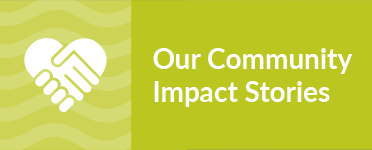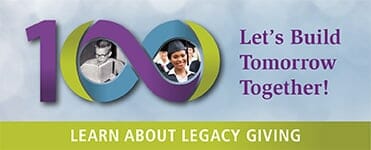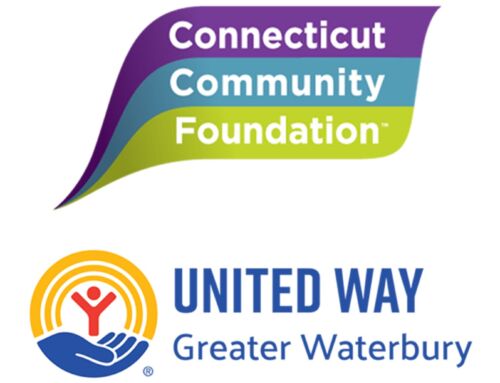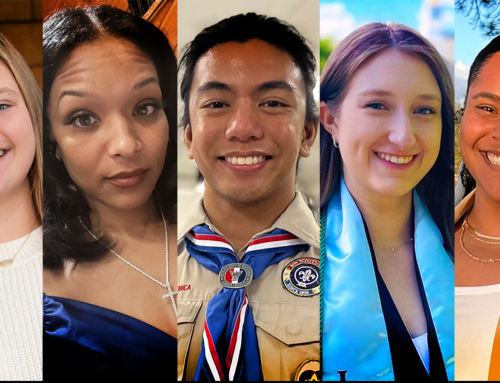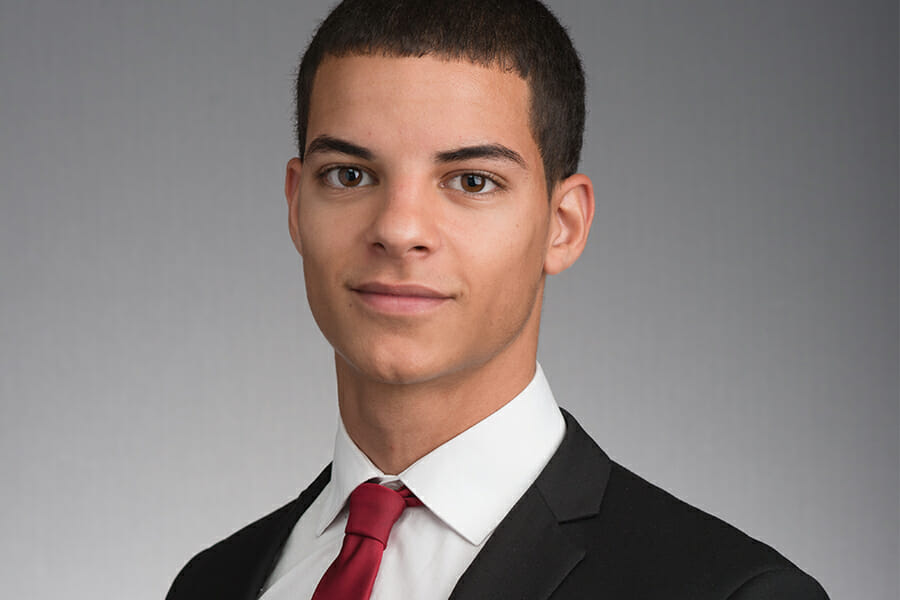
Teenaged Brian Luis of Waterbury had never met his young cousin, Daniel, but on a family trip to the Dominican Republic, the 8-year-old profoundly changed the course of Brian’s life.
Daniel’s right leg was amputated as a baby, and, unlike most children in the United States with similar conditions, he did not have access to a prosthetic leg. With his mobility so limited, each day was fraught with falls and frustration in his attempts to navigate home, school, and play.
Moved by his cousin’s daily struggles and inspired by advances in 3-D technology, Brian resolved to pursue a career in biomechanics to learn the skills to design prosthetic limbs for children like Daniel.
“I knew I wanted to affect people in those circumstances,” Brian said. “A goal of mine is to help people in developing countries by giving them access to prostheses so they can move more naturally.”
Brian also sees the escalating cost of healthcare and aging baby boomers as looming crises in the United States, and worries that growing numbers of older adults may have significant future needs for prostheses but may lack access.
Through volunteering at a convalescent home, Brian said he “could see society’s lack of help for the elderly” and explained that “it is our responsibility to find solutions.”
For the last two years, Brian has received a scholarship to pursue a degree in mechanical engineering at Boston University through the Connecticut Community Foundation’s Charles and Dorothy Greenblatt Scholarship Fund. Charles Greenblatt – who spent his career operating a chain of retail food markets in the Naugatuck Valley – created the fund in 1988 through a provision in his will, specifying that his scholarship fund should help pay the college tuition costs of Waterbury students like Brian.
“I’m extremely grateful for the scholarship from the Connecticut Community Foundation, and for to Mr. Greenblatt for creating his fund,” Brian said. “My parents always encouraged me to go to college and I have been able to attend one of the best mechanical engineering schools in New England thanks to everyone’s support.”
Brian is fresh off a semester studying abroad in Madrid, Spain, and when he’s back on campus in Boston in the fall he will be involved in the student group, “Engineering without Borders.”
“We will receive biomedical problems affecting real people in developing countries all over the world and groups of students will work on those problems for several weeks at a time,” he said.
Solutions in hand, several students are selected to travel to those countries for real-world engineering experience.
Where might this find Brian? “Africa!” he says.


